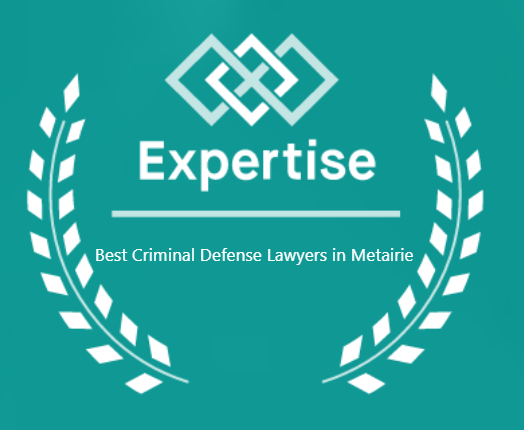Criminal Law Questions Answered by a Leading Attorney in New Orleans
Tom Harang provides professional legal representation in New Orleans and throughout Louisiana. Tom speaks English and fluent Spanish and represents clients throughout Orleans, Lafourche, St. Charles, Jefferson, St. John and St. Tammany Parishes. If you are facing a court date or arraignment and wish to have an experienced lawyer by your side, call Tom Harang today.
Your Criminal Law Questions Answered
On this page Tom has collected some of the most frequently asked questions regarding the law in New Orleans. He has provided a range of in-depth answers to the most common queries from his broad range of clients. If you have any further questions or wish to engage Tom’s services, please contact his office today.
Call Our Office



